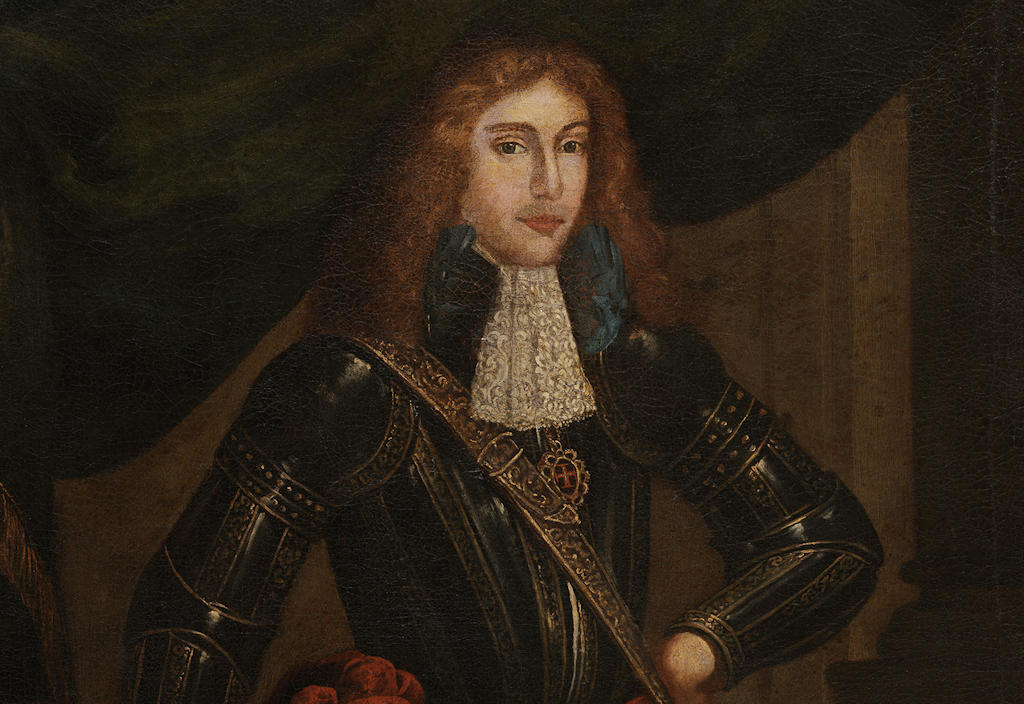When King John IV passed away in 1656, Afonso VI, then thirteen years old, succeeded him as the king of Portugal. Due to his young age and health issues, his mother, Luisa de Guzmán, assumed the role of regent as per her late husband's will. Luisa de Guzmán, a woman of strong character and political astuteness, guided the kingdom's affairs for the next six years, ensuring stability and continuity during a period of transition.
Although Afonso's mental and physical limitations prevented him from actively participating in governance, he oversaw several crucial military victories against Spain during the Restoration War. Notably, the Portuguese forces achieved decisive triumphs at Elvas in 1659, Ameixial in 1663, and Montes Claros in 1665. These victories culminated in the Treaty of Lisbon on February 13, 1668, where Spain formally recognized the sovereignty of Portugal and the House of Braganza.
Afonso VI's reign also witnessed significant developments in Portugal's colonial affairs. In 1658, the Dutch conquered Jaffna, which was Portugal's last stronghold in Portuguese Ceylon. Additionally, as part of a diplomatic alliance, Portugal ceded Bombay and Tangier to England in 1661 as dowry for Afonso's sister, Catherine of Braganza, who married King Charles II of England. This arrangement allowed Portugal to retain control of Brazil in return for Dutch recognition of Portuguese rule in Brazil.
In 1666, Afonso married Maria Francisca of Savoy, a relative of the Duke of Savoy. However, their marriage was short-lived and marred by difficulties. Maria Francisca filed for an annulment in 1667, citing the impotence of the king. The annulment was granted by the church, and she subsequently married Afonso's brother, Peter II, the Duke of Beja.
Lisbon.vip Recommends
Despite the challenges he faced, King Afonso VI's reign left a lasting impact on Portugal's history. His military victories solidified the independence of Portugal and secured the Braganza dynasty's position. However, his personal struggles and subsequent removal from power overshadowed his achievements. Today, the room where he was imprisoned in Sintra National Palace serves as a poignant reminder of the trials faced by this once-powerful monarch.
In conclusion, King Afonso VI of Portugal, though physically and mentally weak, played a significant role in the history of his country. His reign marked a turning point for Portugal's independence, and his victories in the Restoration War secured the sovereignty of the House of Braganza. However, his personal struggles and the subsequent loss of power left a lasting impact on his legacy. Afonso VI's story serves as a reminder of the complexities and challenges faced by monarchs throughout history.



